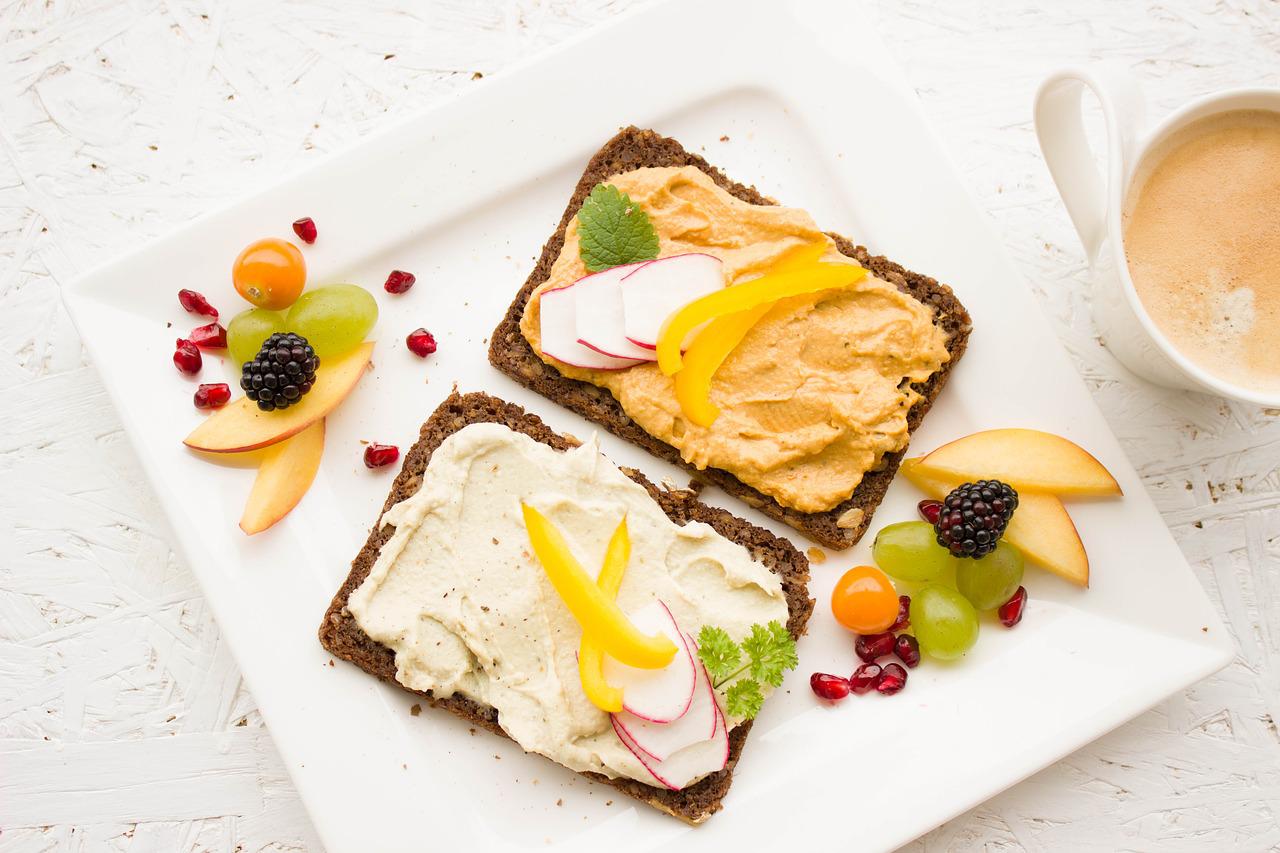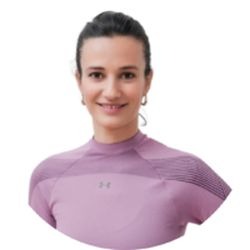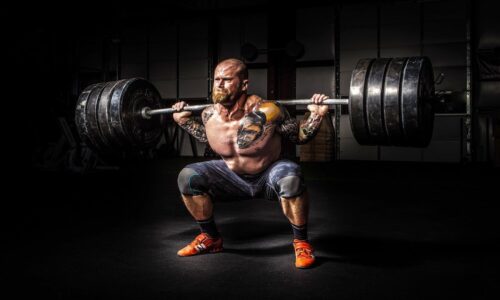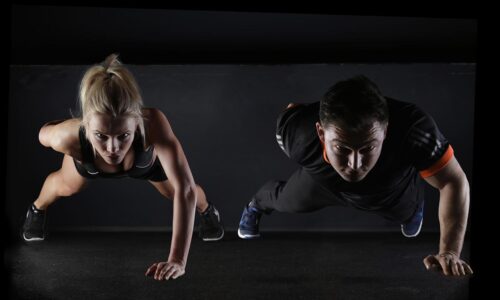Syllabus – Nutrition, Exercise and Optimal Body Composition
Introduction
Nutrition is an important component of any physical fitness program and it is well known that adequate diet that is diverse and balanced can help enhance athletic performance.
Specifically, the right nutrition will provide energy to fuel the body during exercise, reduce risk of injury and illness and help person to recover afterwards.
Unfortunately, there is much misinformation regarding a proper diet for physically active individuals and many times exercising individuals will try any dietary regimen or nutritional supplement in hope of achieving better body composition or physical performance. Sometimes this regimen can be detrimental to health, which is why it is very important for professionals working in the field of fitness to have a good working knowledge and understanding of nutrition and it is role in exercise. With this knowledge they can help their clients achieve optimal body composition, perform closer to their potential and live a healthy life.
Objective
The objective of this module is to provide students with working knowledge regarding nutrition in general but with special emphasis on energy and nutrition requirements of physically active individuals and athletes.
For this purpose, the module will cover very important nutrition topics including nutrition status assessment, calculation of energy needs, pre and post exercise nutrition and many more
(see Content).
After completion of module students will be able to estimate person’s body composition and calculate his or her energy needs. They will have basic knowledge regarding properties of food, as well as role of macronutrients (carbohydrates, proteins and fats), micronutrients (vitamins and minerals) and proper hydration in exercise and the needs for this nutrients in exercising individuals.
Also, upon successful completion students will know basics of planning the diet for weight loss or muscle gain. Likewise, they will know how to identify nutrients that athlete and physically active people tend to lack and what are the best supplements for this population.
Content
- Introduction to Healthy Eating and Nutrition in Exercise
- Nutrition Status Assessment and Anthropometrics
- Energy and calculating energy needs
- Macronutrient and Micronutrient basics
- Importance of proper hydration
- Pre and Post exercise nutrition
- Nutrition for Body Composition transformation
- Supplements and exercise
- Popular diets and eating paterns and their role in exercise (ketogenic diet, intermittent fasting, low FODMAP…)
- Food allergy and intolerances in sports
- Summary
Useful links
https://jissn.biomedcentral.com/track/pdf/10.1186/s12970-018-0242-y.pdf
https://www.nutrition.gov/topics/basic-nutrition/eating-exercise-and-sports
https://www.nutrition.org.uk/putting-it-into-practice/keeping-active/nutrition-for-sports-and-exercise/
https://www.usada.org/athletes/substances/nutrition/
https://www.ais.gov.au/nutrition/additional-resources
https://www.hsph.harvard.edu/nutritionsource/healthy-eating-plate/
https://www.nutrition.org.uk/
https://www.aafp.org/afp/2001/0301/afp20010301p913.pdf
https://www.sportsdietitians.com.au/factsheets/
https://oxfordmedicine.com/view/10.1093/med/9780198779742.001.0001/med-9780198779742-chapter-48?print=pdf
Course Features
- Lectures 11
- Quizzes 1
- Duration 3 hours
- Skill level All levels
- Language English
- Students 111
- Assessments Yes











